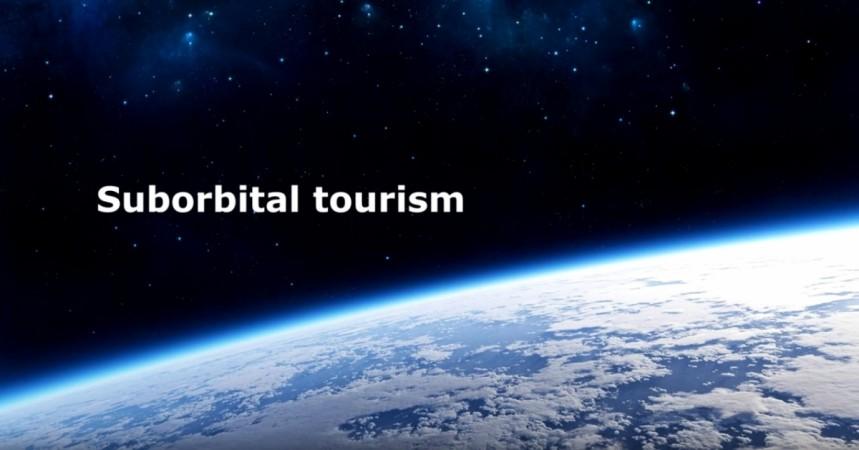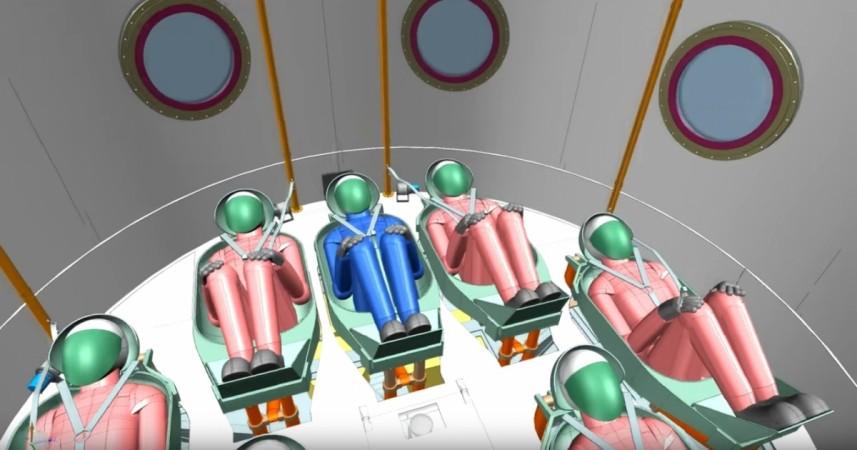
The concept of tourism may see a drastic change a few years from now, with a private Russian company working on making expeditions to space possible for tourists. If it succeeds, adventurers will have the opportunity to watch Earth from space, besides experiencing zero gravity.
A Russian company called CosmoCourse is developing a reusable suborbital space complex consisting of a reusable suborbital rocket and a reusable suborbital spacecraft to take tourists to space. The first flight is expected in 2025.
Pavel Pushkin, director general of CosmoCourse, told Russian news agency TASS that the ambitious project might cost $150-200 million (around Rs 970-1,290 crore) and already has an investor.
"We haven't got this sort of budget yet. Tens of millions of rubles have been invested in CosmoCourse so far. This money is currently enough for us to cover further development," Pushkin told TASS.
He went on to say that the company will complete hardware development for the project by 2021, start test operations in 2022 and the first flight of the prototype will be in 2023, with the first commercial flight slated for 2025.
Once the project is completed, CosmoCourse will open the booking window to tourists for excursions to space. Applicants will be granted the permission to participate in the space trip after they go through a three-day training and medical examination.

The spacecraft can accommodate six tourists and an instructor per trip, and 115 such trips are expected in a year. During the 15-minute flight at an altitude of 180-220km, tourists will get the opportunity to spend 5-6 minutes in weightlessness or zero gravity and look at Earth from space during the expedition.
However, the adventure will come with a price, as a ticket is expected to cost $200,000-250,000 (around Rs 1.2-1.6 crore).











